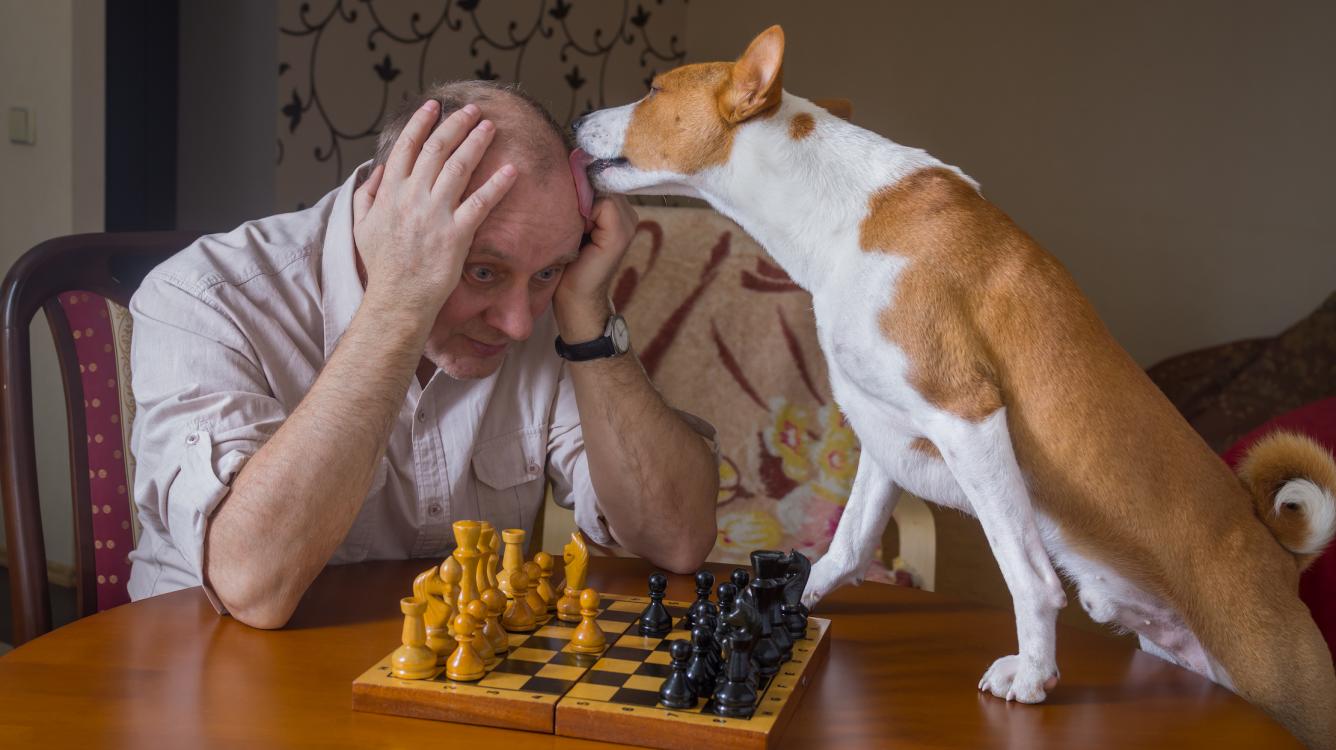
Are You A Good Chess Player?
Last week's article about Puzzle Rush provided great feedback, so I would like to thank you for your comments. When I see that people from different countries, different political views and different playing strength share passion for chess, I feel that the FIDE's slogan "Gens una sumus," which is Latin for "We are one people," is actually true.
One of the most common comments can be summarized like this: According to the scale I am supposed to be a strong tournament player, but I am rated only 1600, so the evaluation is not right! Naturally, such a comment brings a logical question: What is a strong tournament player? Or better yet, what is a strong player in general?
It is very difficult to answer such a question. For Magnus Carlsen, anyone outside of top 50 in the world is probably not a strong player.
 Magnus Carlsen. Photo: Maria Emelianova/Chess.com.
Magnus Carlsen. Photo: Maria Emelianova/Chess.com.
Meanwhile, for a person who just learned how to play chess everyone looks like a grandmaster. Don't laugh, I know what I am talking about. Some time ago one of my young students told me that he played a simul against a grandmaster in his school chess club. I was surprised, since I didn't see any announcements about such an event. After some investigation it turned out that the "grandmaster" was a local 1800 player.
Some of the reader views truly surprised me. I expected to see comments like "Yay, I scored over 20 points and my rating is 1600!![]() " Instead I saw something like "I scored over 20 points, but my rating is only 1600. I suck
" Instead I saw something like "I scored over 20 points, but my rating is only 1600. I suck ![]() ".
".
It takes years of dedication and hard work to achieve a rating of 1600, so why not be proud of it? It reminds me of people who complain about some minor inconvenience, thinking that it makes their life miserable. They forget that since they have a roof over their head, food on their table, clean water and access to basic sanitation, they already live better than billions of people who don't have these necessities!
Now let's check some statistics. According to USCF data, if you are USCF rated 1600-1699, then you are better then almost 83 percent of all other USCF members! The statistics are from 2004, since I couldn't find more recent data on the USCF website, but my guess is the situation today should be even better for 1600-rated players. Scholastic chess is booming, so the base gets much bigger and therefore your placement should be at least a couple of percentage points higher!
Benjamin Disraeli famously said "There are three kinds of lies: lies, damned lies, and statistics."

You might be the same kind of a person who doesn't trust statistics. Or maybe you simply think that being a good chess player is not about statistics and percentiles; it is about good play! Fair enough.
Just keep in mind that if a chess player has a modest rating it doesn't mean he cannot play good chess. Let's do a simple experiment. I'll give you two games. One of them was played by two grandmasters in the semifinal of the Soviet championship, which was traditionally considered one the strongest chess events in the world. Another one was played by my student (USCF 1543) vs a local player (USCF 2079).
Can you guess correctly which game was played by grandmasters and which game was played by players well below the master level? The answer is given at the end of the article.
Game 1:
Game 2:
Was it easy? Please share in the comments if you guessed correctly (or incorrectly!) and what were your clues. I hope I have managed to convince you that being a good chess player is not about ratings, or at least it is not all about ratings.
So, are you a good chess player?
Test answer:
Game 1:
- GM Vladimir Makogonov vs. GM Mark Taimanov, Soviet Championship (semifinal), Baku 1944
Game 2:
- My student (USCF 1543) vs. a local player (USCF 2079)






